It’s Word of the Year time again, when all the dictionaries announce their chosen winner. The Australian National Dictionary Centre and the Macquarie Dictionary have this year settled on the same word: ‘teal’. This, they point out, is the label given to first-time political candidates responsible for ousting a bunch of Liberal MPs at the federal election earlier this year. ‘Teal’ is a greenish-blue colour that was used as the uniform colour of the campaign material of these candidates – all of whom claimed not to be a political party, but to be independents (despite their candidacies having powerful financial backing from Simon Holmes à Court’s Climate 200 group), and all used the same design and colour in their promotional material (and all stood on the same platform of climate action). Mark Gwynn, one of the big brains at the Australian National Dictionary Centre said: ‘Teal is a word that has become associated with a new and significant movement in Australian politics, and one that is also linguistically productive.’ As well as being used as a noun ‘teal’ is used as a modifier for ‘teal candidate’, ‘teal independent’, ‘teal revolution’, ‘teal seat’, ‘teal wave’ and so on. The word itself is recorded in English from 1314 as the name of a small water bird – widely found in Europe, Asia, and America. It came to be applied to the greenish-blue colour because there are patches of this colour on the bird’s head and wings. But its use as a colour word only goes back to 1923. One of the clever readers of my website pointed out that ‘teals’ is an anagram of Tesla (both are only available to the rich). Another suggests the pronunciation should ‘the tills’ (as in cash registers) since their policies would have money pouring into the pockets of corporations milking the renewable energy cash cow.
The Merriam-Webster Dictionary team have gone with ‘gaslighting’ as their Word of the Year for 2022. I suspect this is still a word that baffles some people. It comes from a 1944 movie called Gaslight starring Charles Boyer and Ingrid Bergman. It’s a psychological thriller based on an earlier British movie. The story is about a plot by Boyer to convince his wife (Bergman) she is going mad. Used politically ‘gaslighting’ now means psychological manipulation. For instance, the Cambridge Dictionary has this definition: ‘to trick or control someone by making them believe that their memories or beliefs about something are wrong, especially by suggesting that they may be mentally ill’. To this the Merriam-Webster people add: ‘in recent years, we have seen the meaning of gaslighting refer also to something simpler and broader: the act or practice of grossly misleading someone, especially for a personal advantage… the word is at home with other terms relating to modern forms of deception and manipulation, such as fake news and deepfake.’ Well, there has certain been a lot of that lately!
Got something to add? Join the discussion and comment below.
Get 10 issues for just $10
Subscribe to The Spectator Australia today for the next 10 magazine issues, plus full online access, for just $10.
Contact Kel at ozwords.com.au
You might disagree with half of it, but you’ll enjoy reading all of it. Try your first month for free, then just $2 a week for the remainder of your first year.

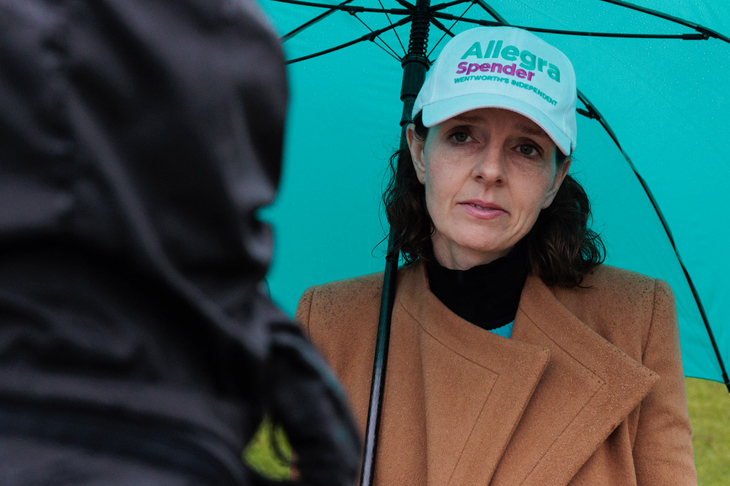
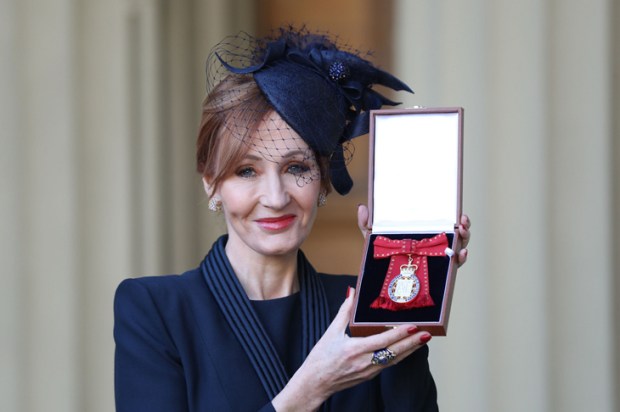
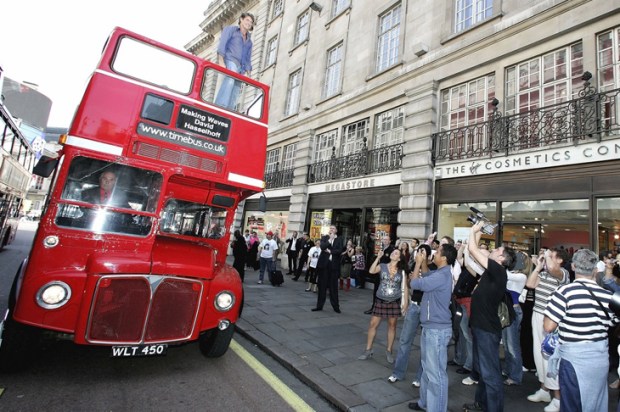
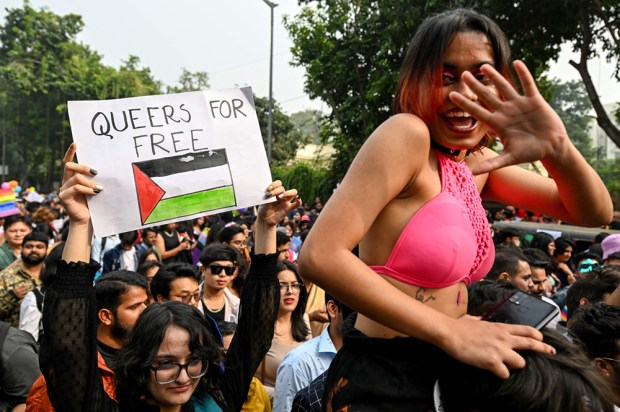
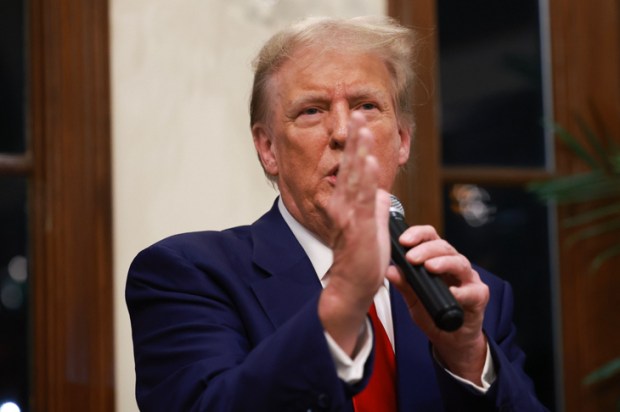








Comments
Don't miss out
Join the conversation with other Spectator Australia readers. Subscribe to leave a comment.
SUBSCRIBEAlready a subscriber? Log in